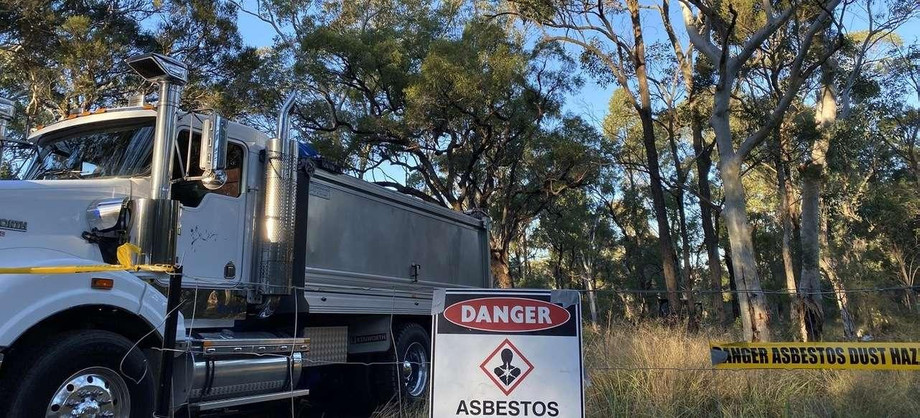Geotechnical investigation services play a vital role in the development of any construction project, whether it's a towering skyscraper, a sprawling bridge, or a simple residential building. These services are the foundation of success, ensuring that the ground beneath a structure can bear the load, withstand environmental factors, and meet safety standards. In this article, we will explore the world of geotechnical investigation services, their significance, and how they contribute to the success and safety of construction projects.
Understanding Geotechnical Investigation Services
Geotechnical investigation services involve the study of soil and rock properties at a construction site. This detailed analysis helps engineers and architects make informed decisions regarding foundation design, earthwork, and other aspects of a construction project. Geotechnical investigations aim to:
Assess Soil Composition: Determine the types and properties of soils and rocks present at the site, including their strength, density, permeability, and compressibility.
Identify Groundwater Levels: Evaluate the groundwater table and its potential impact on the construction project, including foundation stability and excavation.
Analyze Earthquake and Seismic Risks: Assess the site's susceptibility to seismic activity and recommend appropriate engineering measures to mitigate risks.
Determine Bearing Capacity: Calculate the soil's bearing capacity to ensure it can support the intended structure without settlement or failure.
Recommend Foundation Types: Based on the findings, geotechnical engineers recommend the most suitable foundation types, whether it's shallow foundations (e.g., footings), deep foundations (e.g., piles or caissons), or other specialized solutions.
The Significance of Geotechnical Investigation Services
Safety First: Safety is paramount in any construction project. A geotechnical investigation ensures that the chosen foundation and construction methods can withstand various loads and environmental conditions, reducing the risk of structural failures and accidents.
Cost-Effective Design: By understanding the site's geotechnical conditions, engineers can optimize the design, potentially reducing construction costs. For instance, a well-conducted investigation may reveal that a more economical foundation design can be used.
Long-Term Durability: Geotechnical investigations help ensure that the structure will remain stable and durable over its expected lifespan, reducing the need for costly repairs and maintenance in the future.
Environmental Considerations: Understanding the site's geotechnical conditions can also help minimize the environmental impact of construction. It allows for better planning of excavation, earthwork, and other activities.
Regulatory Compliance: Compliance with local building codes and regulations is essential. Geotechnical investigations provide data and recommendations that facilitate compliance, reducing the risk of legal issues down the line.
The Geotechnical Investigation Process
The geotechnical investigation process typically involves the following steps:
Desk Study: This initial phase involves reviewing existing data about the site, such as geological maps, soil reports, and historical information.
Site Visit: Geotechnical engineers visit the site to assess its specific conditions, the topography, and any apparent geotechnical challenges.
Soil Sampling and Testing: Soil samples are collected from various depths and locations to determine their properties. Testing is conducted to analyze factors such as particle size, moisture content, and strength.
Geophysical Surveys: Geophysical surveys may be employed to identify subsurface features, anomalies, or voids.
Laboratory Analysis: Soil samples are sent to a laboratory for comprehensive analysis, including tests for density, permeability, consolidation, shear strength, and compressibility.
Report and Recommendations: A geotechnical report is prepared, summarizing the findings, interpreting the data, and providing recommendations for foundation design, construction methods, and risk mitigation.
Continuous Monitoring: In some cases, geotechnical engineers may recommend ongoing monitoring during and after construction to ensure the project's stability and address any unforeseen issues.
The Role of Geotechnical Engineers
Geotechnical engineers are the professionals responsible for conducting geotechnical investigations. They possess a deep understanding of soil mechanics, rock mechanics, and the effects of geological conditions on construction projects. Their expertise is invaluable in making informed decisions about foundation design and construction methods, as well as assessing and mitigating potential risks.
Geotechnical Investigation in Different Projects
Geotechnical investigation services are indispensable in various construction projects, including:
Building Construction: For residential and commercial structures, geotechnical investigations are essential to ensure the stability of foundations and prevent subsidence or settlement issues.
Bridge and Highway Construction: Geotechnical investigations help engineers design bridge piers and highway embankments that can withstand the traffic loads and environmental factors.
Dams and Levees: These projects require a deep understanding of soil and rock properties to ensure the integrity and safety of the structures.
Tunnel Construction: The geological conditions surrounding tunnels must be thoroughly assessed to prevent collapses and ensure the safety of transportation systems.
Industrial Facilities: Manufacturing plants, refineries, and other industrial facilities depend on geotechnical investigations to safeguard against ground movement, soil contamination, and foundation failures.
For More Info:-
geotechnical investigation services
environmental impact assessment consultants
construction environmental management australia






Comments